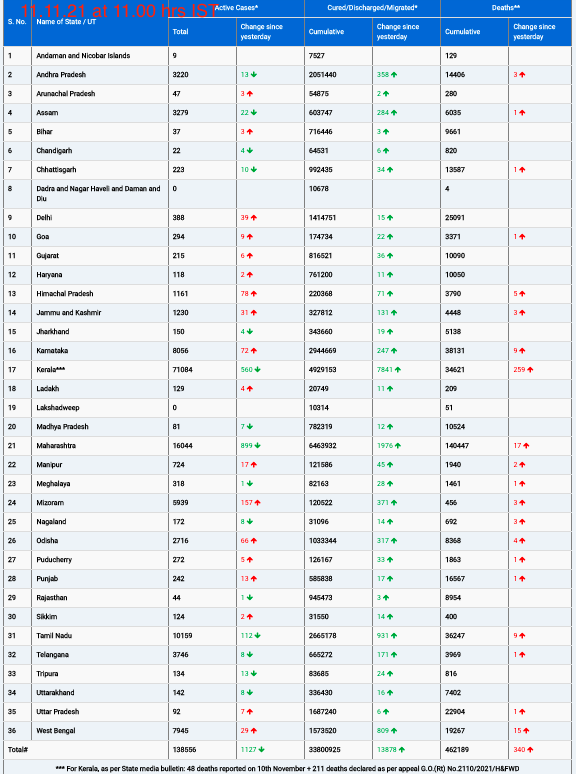A growing body of research emphasizes the profound connection between diet and brain health, revealing that what we eat not only impacts our heart but also our cognitive function. As scientists increasingly recognize that the risk factors contributing to heart disease are similarly linked to Alzheimer’s disease and other forms of dementia, the question arises: can dietary choices lead to better brain health? Experts overwhelmingly say “yes,” and stress that it’s never too early to start making healthy choices.
Food and Fetal Brain Development
Dr. Rebecca MacPherson, an associate professor in the Department of Health Sciences at Brock University in Canada, highlights that nutrition’s impact on brain health begins even before birth. The maternal diet plays a crucial role in fetal brain development. For instance, folate (vitamin B9) is vital for preventing neural tube defects and ensuring healthy brain development. Foods rich in folate, such as leafy greens, beans, and fortified grains, are essential for expectant mothers. Additionally, omega-3 fatty acids, found in cold-water fish, nuts, and seeds, are crucial for promoting a baby’s brain growth.
Research indicates that mothers who consume a high-fat diet may increase their child’s risk of developing mental health issues, such as anxiety and autism spectrum disorders. Thus, proper nutrition during pregnancy is critical for establishing a healthy foundation for brain development.
Brain Food for Newborns, Children, and Adolescents
The influence of diet on cognitive development continues throughout early childhood. A 2009 study published in Child Development found that infants fed formula enriched with omega-3 fatty acids performed better on problem-solving tasks than those who did not receive such supplements. The first two years of life are particularly important for brain development, as neurons form connections and myelination occurs. A diet rich in healthy fats and complex carbohydrates can foster this growth, while poor nutrition can hinder it.
Research indicates that replacing simple carbohydrates and saturated fats with complex carbohydrates and healthy fats improves children’s short-term memory and overall academic performance. Conversely, a diet high in fatty foods and sugary drinks can negatively impact executive function, the cognitive skills necessary for planning, problem-solving, and adapting to new situations.
Adulthood and Cognitive Function
In adulthood, a diet low in omega-3 fatty acids has been linked to mood disorders and cognitive decline, while increased omega-3 intake supports cognitive well-being, memory, and blood flow to the brain. Dr. MacPherson notes that the effects of poor diet extend beyond the brain, leading to weight gain, insulin resistance, and heart disease—conditions that increase the risk of cognitive decline.
Defining a Brain-Boosting Diet
Experts recommend focusing on dietary patterns rather than individual foods or nutrients. Research suggests that adhering to healthy eating patterns, such as the Mediterranean diet, DASH diet, and the MIND diet—which combines aspects of the first two—may reduce dementia risk. A 2021 study in the Journal of Alzheimer’s Disease demonstrated that greater adherence to the MIND diet contributes to cognitive resilience in older adults.
Dr. MacPherson advises against the Western diet, characterized by high levels of processed foods, saturated fats, and sugars, which can detrimentally affect cognitive health. Instead, a balanced diet featuring a variety of vegetables, fruits, lean proteins, and healthy fats is essential for optimal brain function.
Making the Change
Transitioning to a healthier diet can be challenging, according to Dr. Kevin Volpp, director of the Penn Center for Health Incentives and Behavioral Economics. He emphasizes that changing old habits requires discipline and commitment. Many Americans struggle with dietary choices, as statistics reveal that over 90% consume excessive sodium and inadequate fruits and vegetables.
Dr. Volpp acknowledges that while people may know how to eat healthier, access to nutritious foods and the allure of familiar, unhealthy options often complicate their choices. Even short-term indulgences in unhealthy diets can trigger brain inflammation, potentially leading to cognitive impairment over time.
The key takeaway is that while individual indulgences may seem insignificant, consistent dietary patterns significantly influence long-term health. Building strong, healthy habits requires conscious decision-making and a commitment to making the right choices as we age.
As Dr. MacPherson aptly states, “It’s about making the right choices and continuing to make the right choices as you age.” By embracing a brain-boosting diet, individuals can support their cognitive health throughout their lives.
Journal References
- Journal of Alzheimer’s Disease
- Child Development
- Nature Reviews Neurology











